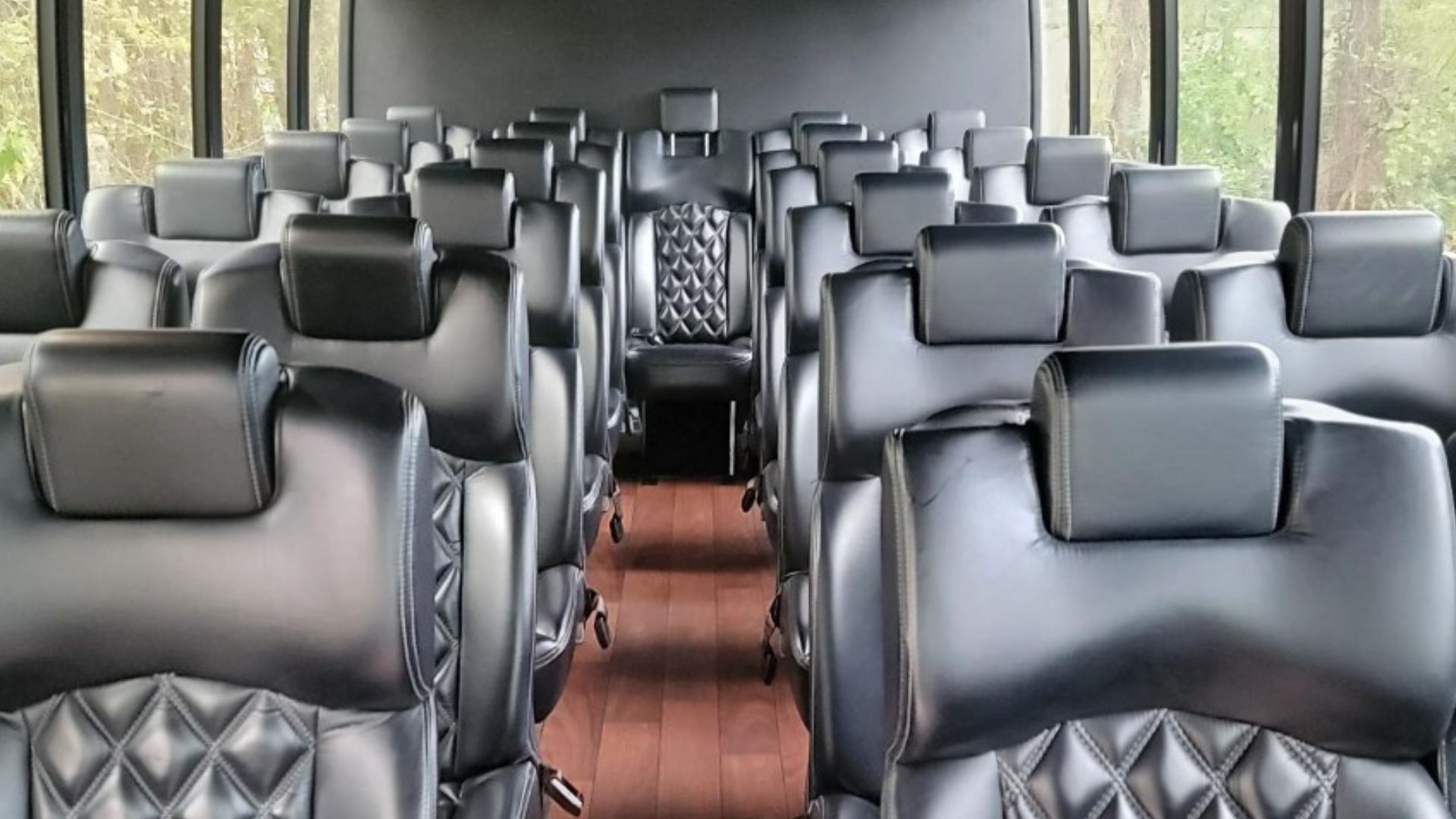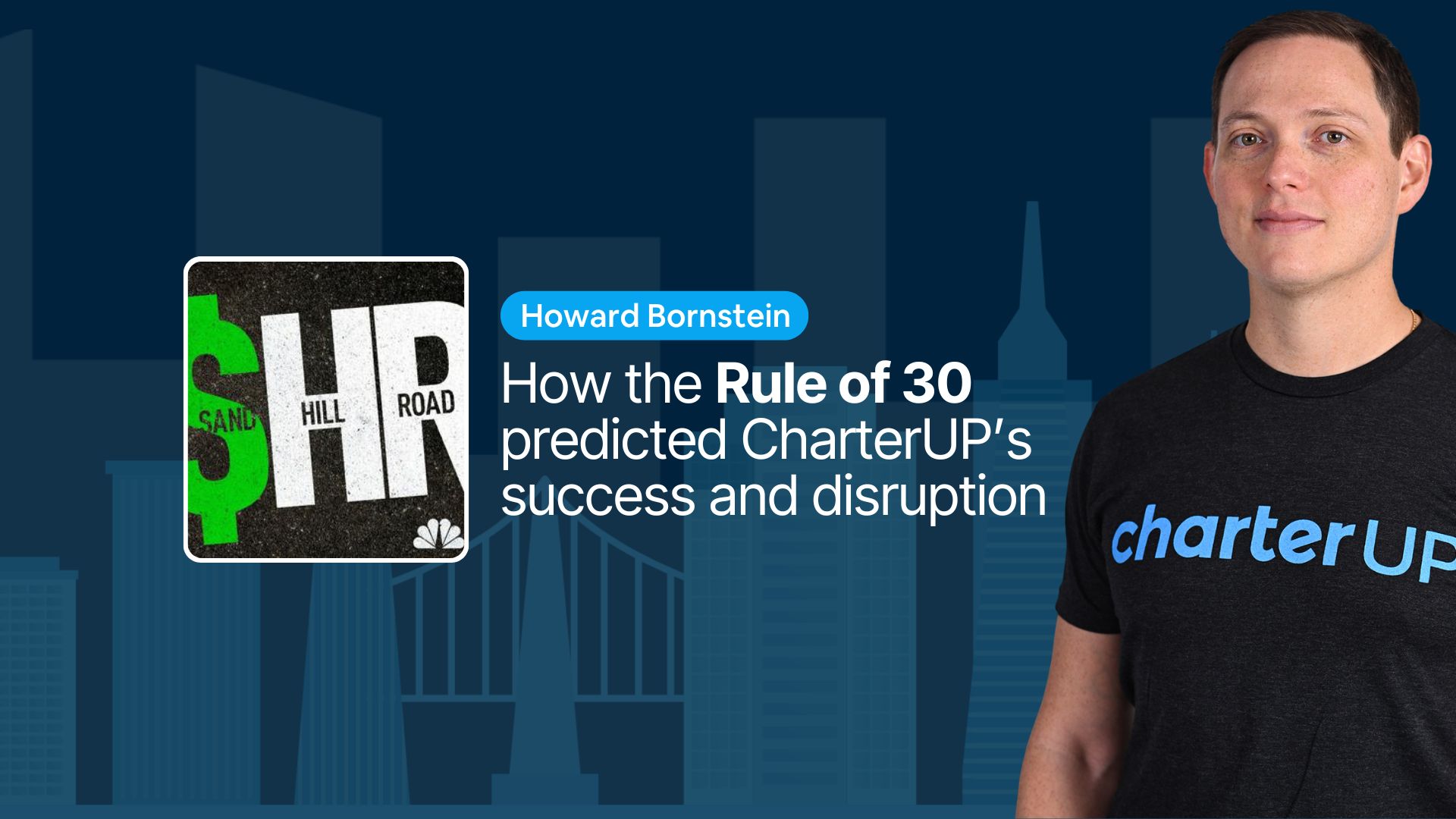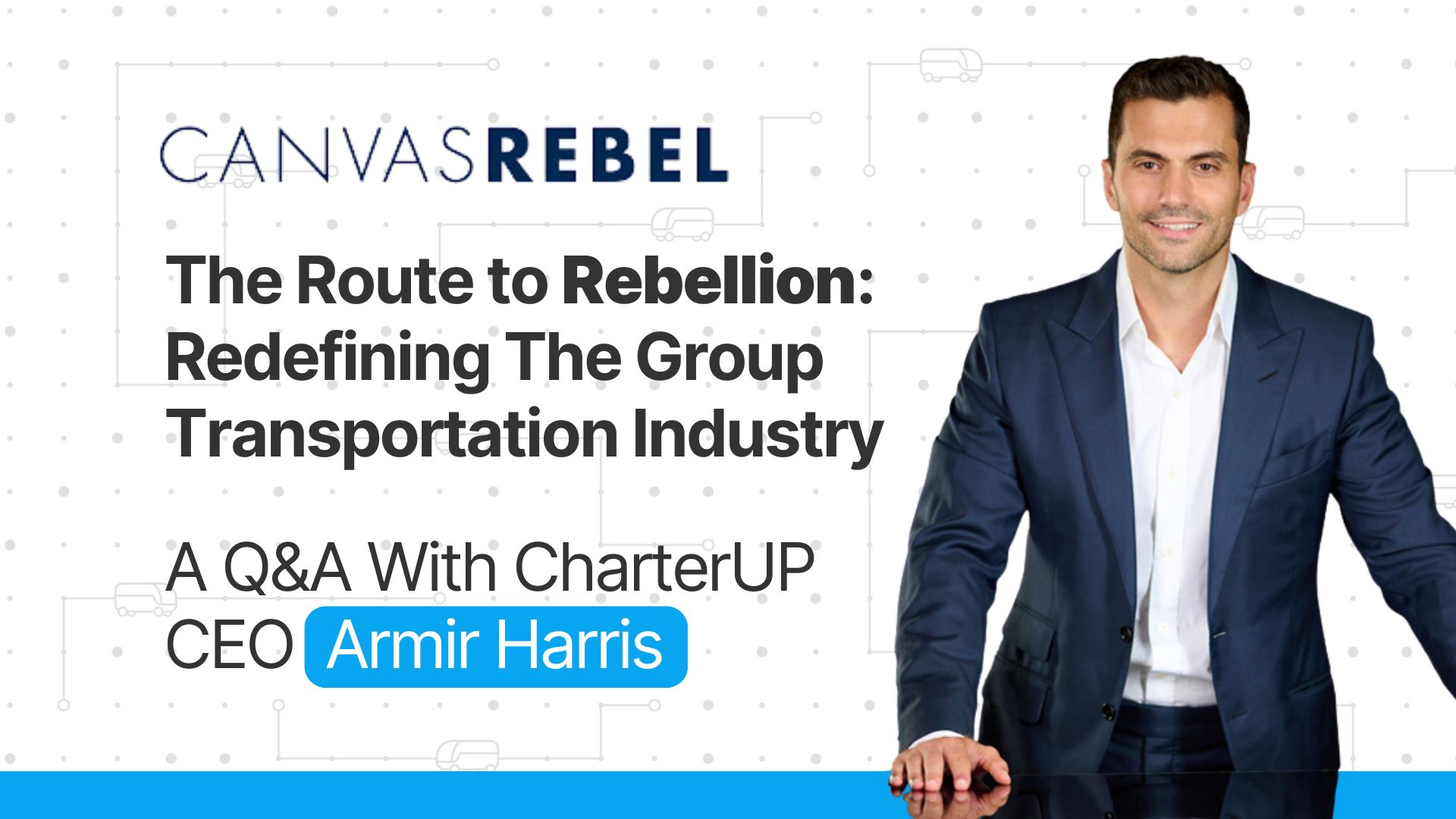The stay-at-home orders issued across the country at the beginning of the pandemic ordered people to refrain from any non-essential travel outside of their home. As the virus spread rapidly, the country was gripped by uncertainty and unease.
The fear was so powerful that it continued to shape decisions people made about travel and social interaction long after the travel bans were lifted. More than half of all Americans changed their Thanksgiving plans in 2020 due to the pandemic, according to a Pew Research Center survey.
The majority of the country felt uncomfortable visiting with close friends or family members inside their home. The idea of boarding a charter bus with dozens of other people would have felt reckless – and bus operators suffered because of it.
It has been three years since COVID-19 brought travel to a stop. Although the pandemic fundamentally shifted our worlds, many aspects of daily life have returned to normal.
Friends and families are once again gathering without fear. Events like concerts, sporting events and festivals have made a comeback, bringing communities together. People are also traveling more frequently, exploring new places and reconnecting with the world around them.
“We are seeing an increase in demand for charter bus services, and part of that is because group travel offers a sense of togetherness that we have missed over the past few years due to the pandemic,” said Armir Harris, CEO and President of CharterUP. “We have a renewed sense of hope and feel optimistic about the future, but there are still many challenges we must overcome. The motorcoach industry is still hurting from the massive financial losses caused by the pandemic, and we are committed to supporting bus operators on their road to recovery.”
Because of the nature of our online marketplace, which is utilized by a network of more than 600 bus operators across the country (from San Jose to Atlanta charter buses), our real-time data can provide an accurate representation of the overall health of the motorcoach industry. In 2020, the reality our data portrayed was grim.
FEATURED IN FORBES: CharterUP Looks To Revive Pandemic-Pummeled Motorcoach Industry
Between April and July of 2020, we observed a 95% decrease in bus activity.
At the peak of the pandemic, most bus companies (90%) were utilizing less than 5% of their fleet. More than 70% of bus companies fully stopped operating their vehicles in the summer of 2020, and some companies never recovered.
Before the pandemic, there were about 3,200 private bus companies operating in the United States. Today, there are roughly 2,000 companies offering bus charters.
The American Bus Association found that bus operators recorded an 82.6% loss of business due to the pandemic, confirming our own observations regarding the industry.
Although bus operators were devastated by the pandemic, federal relief efforts offered little money to private operators. We advocated on behalf of the industry at the time, but it became clear that Congress would not be providing the support necessary for recovery – so CharterUP has stepped up to offer its own.
At CharterUP, we recognize that charter buses are an essential piece of the country’s infrastructure and have embarked on a campaign to revive the industry while also raising the standards.
We have always committed to helping bus operators scale their business by sharing our data, technology and expertise with the partners that participate in our marketplace. Now, with the help of a $60 million Series A funding led by Tritium Partners, we are also in a position to share financial support.
Bus companies are struggling to find drivers after the majority of the workforce was furloughed during the pandemic. Other operators are still working to replenish their fleets after they lost vehicles to repossession or sold their assets to stay afloat.
We are joining the effort to find more drivers by covering the marketing costs associated with recruiting. We are also offering interest-free financing for operators to purchase new or used buses – a capital expense that can range from $300,000 to $700,000 per bus.
CharterUP’s own growth hinges on the recovery of our operator partners.
“We are working to transform the future of group travel and raise the bar across the industry, but that can only happen if our partner operators are provided the resources and support they need to succeed,” Harris said.
Are you a bus operator interested in growing or scaling your business? For information about interest-free financing and other support, reach out to our provider network team to learn more about joining the CharterUP marketplace.



